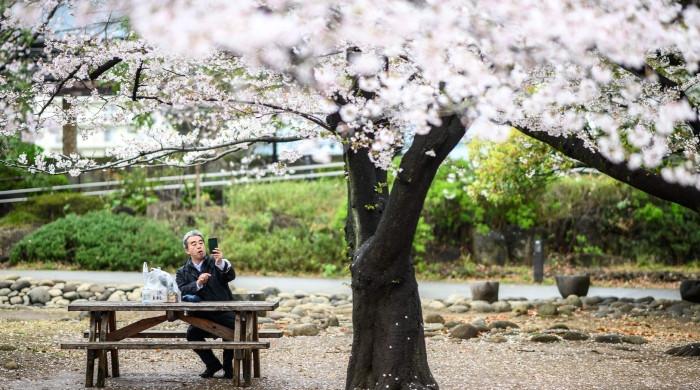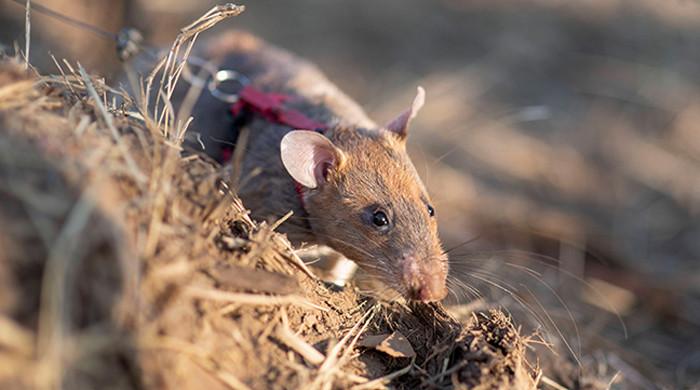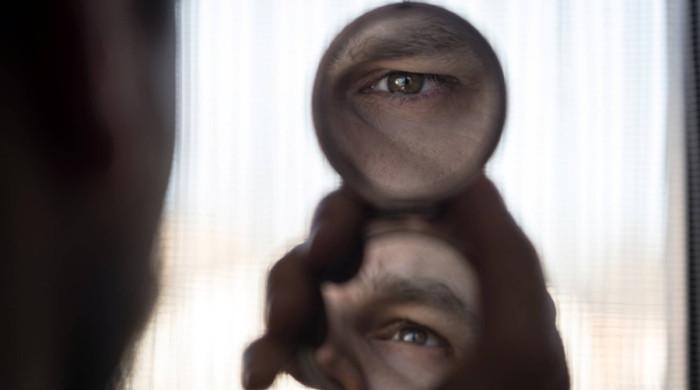Chinese woman gave birth to twins at 60: report
BEIJING: A Chinese woman had twin girls at the age of 60 following IVF treatment after her only child died, making her possibly the oldest person in the country to give birth, state media reported...
December 24, 2013
The case is extremely unusual in China, which has long maintained a one-child policy, because of the woman’s age.
Worldwide, many countries and clinics impose limits on IVF treatment which is known to become less effective with age, and amid concerns for the resulting children´s welfare.
Sheng Hailin, now 63, lost her first daughter, then in her late twenties, in an accidental gas poisoning case in 2009, the China Daily said.
"To survive and free myself of the loneliness, I decided to have another child in my old age," she was quoted by the newspaper as saying.
A military hospital in the eastern city of Hefei agreed to give her and her husband in vitro fertilisation (IVF) therapy, the report said.
She gave birth to Zhizhi, who weighed 1.85 kilogrammes (4.1 pounds), and Huihui, 1.45 kilogrammes, on May 25, 2010 at the No. 105 Hospital of the People´s Liberation Army, said the paper.
The oldest woman to give birth anywhere, according to the Guinness Book of Records, was Maria del Carmen Bousada Lara, of Spain, who had twin boys by Caesarean in 2006 aged 66 years 358 days.
She died of cancer three years later.
The China Daily did not explain why Sheng was accepted for treatment.
China has implemented its family planning law for over 30 years, sometimes brutally, restricting most parents to only one child, with exceptions including some rural families whose first child is a girl, ethnic minorities, and couples who are both only children.
An estimated one million families nationwide have lost their sole descendant since the measure took effect in the late 1970s, and another four to seven million are expected to do so in the next 20 to 30 years.
Such families face uncertain futures, with no one to help them through the frailties or medical costs of old age, and an unshakeable sense of loss in a culture that emphasises family.
The report came as China´s top legislative committee is set to formalise a wider exception to the one-child limit, to allow couples where only one is an only child to have two offspring.
Sheng, a retired medical worker, and her husband both have relatively good pensions, according to other Chinese media reports.
But Sheng has returned to work, travelling across the country to give health lectures to earn extra money to support the children, including more than 10,000 yuan ($1,600) a month to pay two baby sitters as she is no longer able to undertake physical tasks such as bathing.
"For the baby girls, I have given out all I have," the China Daily quoted her as saying. (AFP)











